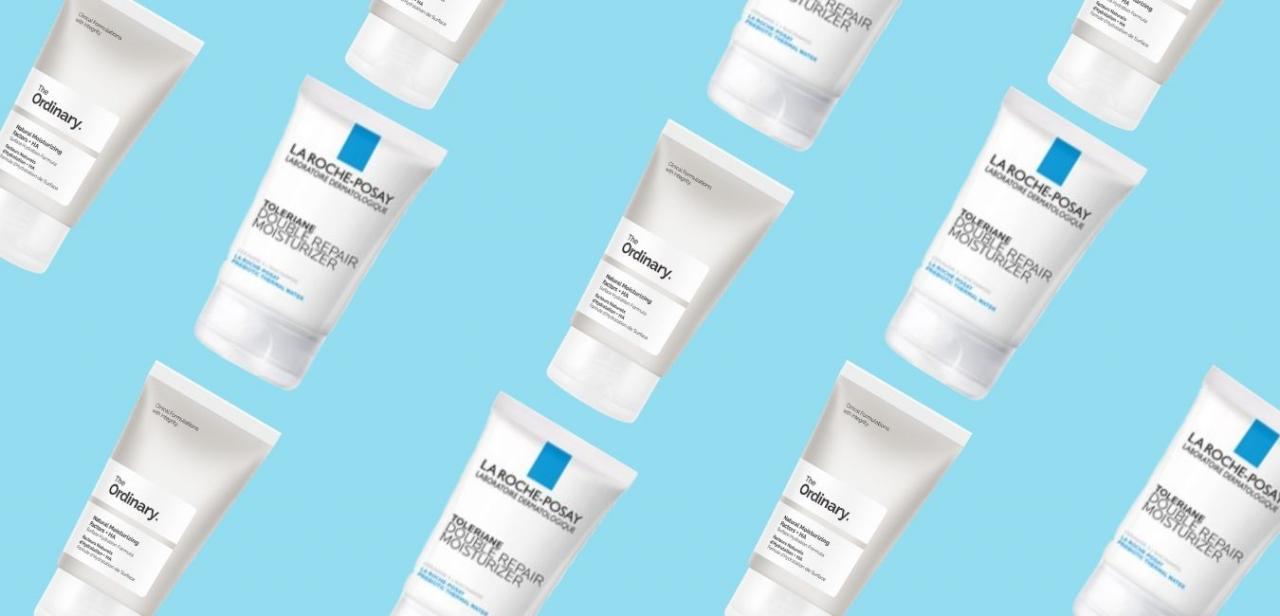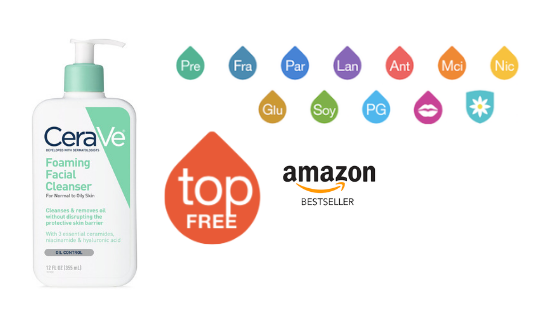Acne is a skin condition that occurs when dead skin cells and oil accumulate in pores or hair follicles in the skin. If pores becomes clogged, pimples or zits can form on the skin, or cysts can develop under the skin. Common treatment for mild to moderate acne includes carefully cleansing of the skin to reduce bacteria that can contribute to pimple formation. Benzoyl peroxide is one common medication used as a cleanser to treat acne. It can be found in liquids, lotions, bars and gels and is sometimes combined with other ingredients.
People looking for a natural alternative to benzoyl peroxide may find that tea tree oil can achieve similar results. One clinical trial compared 5 percent tea tree oil to 5 percent benzoyl peroxide for the treatment of acne. The results showed that benzoyl peroxide worked slightly better, but tea tree oil had fewer side effects. Benzoyl peroxide can take four to six weeks to show improvement on skin. Tea tree oil may take longer to show results.
Tea tree oil is made from the leaves of the tea tree, which is native to Australia. The tea tree is not related to the common tea plant used to make black or green teas for drinking. In addition to treating acne, tea tree oil is sometimes used to treat athlete’s foot and fungal infections on finger and toe nails.
Tea tree oil is generally less irritating to the skin than benzoyl peroxide, but should still be used with caution. Warnings for tea tree oil include:
• Skin may become irritated or swollen after use.
• People with acne may notice dryness, itching, stinging, burning, and redness on the skin.
• Tea tree oil may make acne rosacea symptoms worse.
• Young boys should not use tea tree oil combined with lavender oil on the skin. This combination may affect normal hormone development and in some cases has led to abnormal breast growth in young boys.
• Tea tree oil is generally safe on the skin but should not be taken by mouth.
Be sure to tell your doctor or dermatologist about all medications you are using, including tea tree oil.
Sources:
National Center for Complementary and Alternative Medicine. Tea Tree Oil. Web. August 17, 2011.
http://nccam.nih.gov/health/tea/treeoil.htm
National Institutes of Health: Medline Plus. Tea tree oil. Web. August 17, 2011.
http://www.nlm.nih.gov/medlineplus/druginfo/natural/113.html
Mayo Clinic. Natural acne treatment: What’s most effective?. Lawrence E. Gibson, MD. Web. August 17, 2011.
http://www.mayoclinic.com/health/natural-acne-treatment/AN01716/METHOD=print
PubMed Health. Benzoyl Peroxide.Web. August 17, 2011.
http://www.ncbi.nlm.nih.gov/pubmedhealth/PMH0000030/
Reviewed August 18, 2011
by Michele Blacksberg R.N.
Edited by Jody Smith






Add a CommentComments
There are no comments yet. Be the first one and get the conversation started!